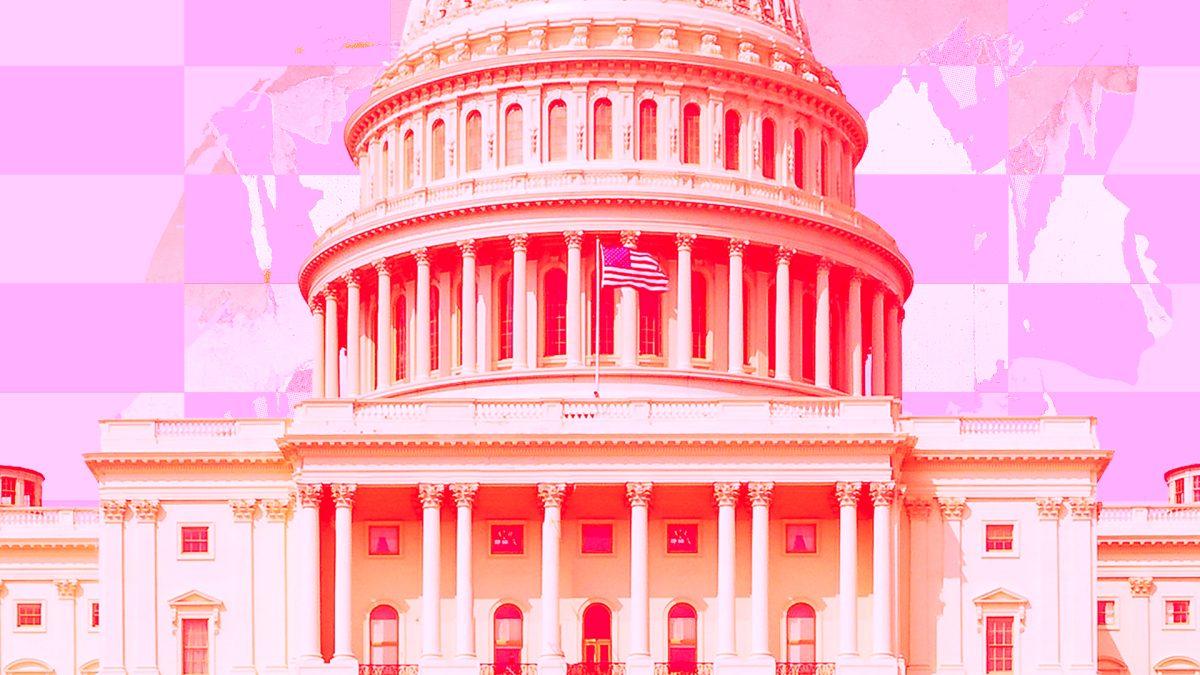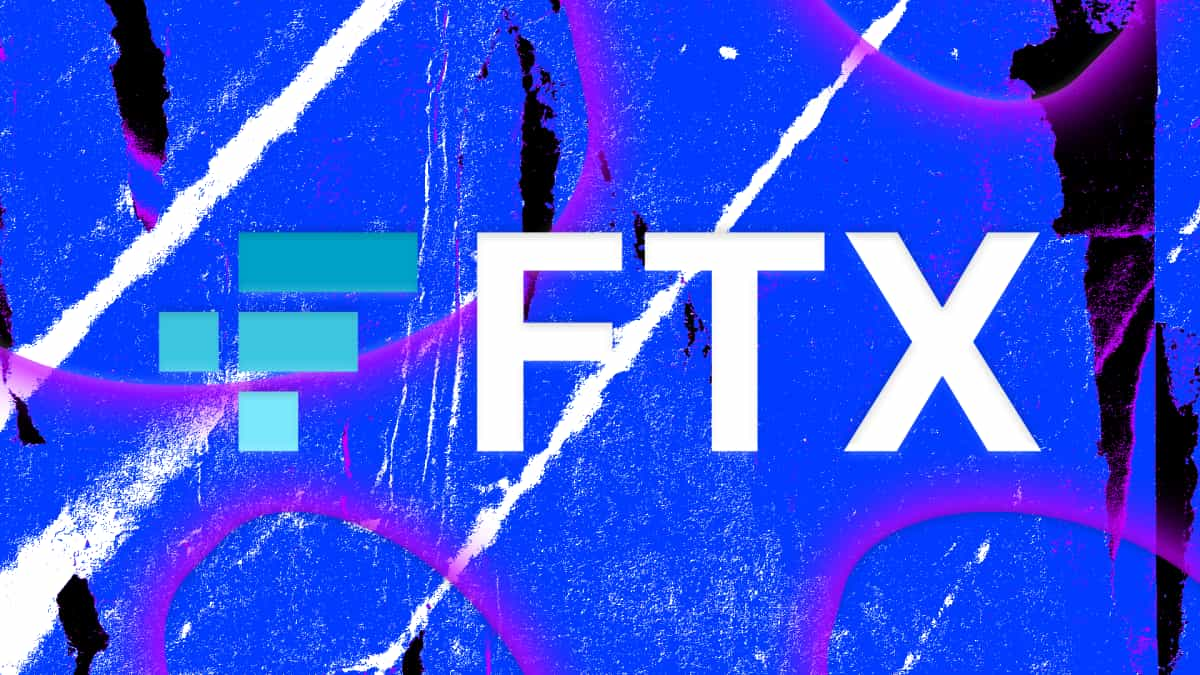Terra disaster fuels Congressional work on stablecoin legislation

Quick Take
- The collapse of Terra’s dollar peg has alarmed the crypto industry and that alarm has extended to Congress.
- The Block spoke with several senators and representatives in key financial policy positions to gauge what may come next.

As Terra and Luna spiral, lawmakers are finding themselves pulled into the crypto orbit.
Stablecoins have been a priority for US lawmakers since November. Following TerraUSD’s collapse this week, Congress is suddenly facing the issue of algorithmic stablecoins.
“This proves that algorithmic stablecoins are probably the riskiest of all," Rohan Grey, a professor at Willamette University's law school and author of several pieces of crypto legislation, told The Block.
Maxine Waters (D-CA), chair of the House Financial Services Committee, is said to be curating a package of crypto legislation that may come out by the end of this Congress.
Stephen Lynch (D-MA) told The Block that his ECash bill will be part of that package. Asked if the package would address algorithmic stablecoins, he said: “It’s gonna have to, right? That’s where we’re having all the problems."
“It hurts the rest of the industry,” he said of Terra. "That has shaken confidence generally in stablecoins."
The particulars, Lynch said, were still up for discussion. He mentioned a draft bill by Josh Gottheimer (D-NJ) as a possible base for legislation. Josh Gottheimer’s draft bill, the Stablecoin Innovation and Protection Act, effectively codifies the President’s Working Group (PWG) report’s request to limit stablecoin issuance to insured depository institutions — mostly banks. Still, both the PWG and Gottheimer deliberately left out algorithmic stablecoins.
Introduced at the end of the last congress, the STABLE Act did not feature such a carve-out, nor did it have a chance to become law. Grey, one of the bill's authors, objects to the PWG's separation of algorithmic and non-algorithmic stablecoins.
“It creates a false distinction between algorithmic stablecoins and others,” said Grey. “Each of them wants to promise the same thing; they’re all just coming up with different ways of saying ‘trust us.’”
Grey says he hopes that the Terra debacle will return algorithms to the forthcoming legislation. Still, that proposal may face an uphill battle, even among Democrats, who may lose their majorities in midterm elections.
Hesitance to address algorithmic stablecoins in law has been a fairly bipartisan feature of proposed stablecoin legislation. There have been increasing suggestions that Republicans are looking at algorithmic stablecoins more as money market funds, which face regulation by the SEC and are accessible only via registered broker-dealers.
Among Republicans a party line seems to be developing that the collapse of Terra and Tether’s subsequent slip should primarily fuel legislation on fiat-backed stablecoins. Algorithmics may have to wait.
“It’s much more basic to regulate a true 1-to-1 where there is no risk of a run,” Representative Warren Davidson (R-OH) told The Block. “We can’t even get regulatory clarity on that. So I think we’re going to have to crawl before we walk and walk before we run.”
Senator Pat Toomey (R-PN), the leading Republican on the Senate Banking Committee, is driving the most prominent active piece of legislation addressing stablecoins. That draft bill, the Stablecoin TRUST Act, explicitly addresses “payment stablecoins,” establishing a category that deliberately avoids the algorithmic variety.
“It does make sense that this episode with Terra would refocus attention on stablecoins generally,” Toomey told reporters on May 11. Still, from his perspective that hasn’t changed the aims of the Stablecoin TRUST Act.
“It’s important to distinguish between algorithmic stablecoins vs the stablecoins that are backed by cash and cash equivalents or securities,” Toomey said. Of the Terra collapse, he said that "there is no systemic risk, certainly not right now and I don't think in the future, because the nature of the algorithmic stablecoins is that they are not backed by an asset that would be subject to a systemic risk."
That argument seems to have some resonance even among moderate Democrats. On May 12, Jim Himes (D-CT) pushed Treasury Secretary Janet Yellen on the level of risk of such a collapse. Yellen said that, for the time being, crypto’s risk did not seem to be “systemic” — a category that would have big ramifications for the Financial Stability Oversight Commission.
In the Senate, Democrats do not seem optimistic about getting their vision for crypto legislation passed into law.
“I know that because of the cryptocurrency lobby here, we can’t pass any legislation. Doesn’t mean we’re not trying legislatively,” Sherrod Brown (D-OH), chair of the Senate Banking Committee, told The Block on Tuesday.
With a razor-thin majority in the Senate, Democrats have not been able to get much of anything passed without bipartisan backing. Brown, instead, put his faith in Gary Gensler, chair of the Securities and Exchange Commission, to take action.
In the case of the stablecoins that are currently slipping, the SEC may well be the first responder. “It starts to look like it’s actively managed by a central authority which, under current definitions, looks a lot like a security.” Davidson said. “When you look at Terra, and frankly USD Tether, the SEC should probably be looking into those things pretty intensely.”
At the same time, there are rumors that the House Financial Services Committee is sending out inquiries to set up a hearing on Terra. Lynch told The Block that there would be a general hearing on stablecoins, "but of course Terra will come up."
For more breaking stories like this, make sure to follow The Block on Twitter.
© 2025 The Block. All Rights Reserved. This article is provided for informational purposes only. It is not offered or intended to be used as legal, tax, investment, financial, or other advice.







